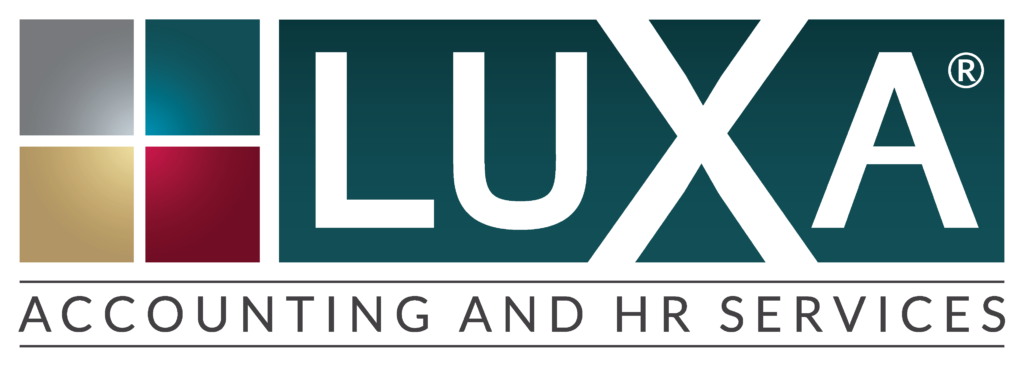In business, there are times where you face decisions that test your moral code. Whether it is the need to cut costs, terminate an employee/employees, or consider a profitable business proposition, your ethical code will be questioned. A business world without ethics would be, well, unethical, and void of the written code we all need to make the right decisions for our business.
Ethics are codes that provide a moral guideline to the judgments and decisions we make daily as business leaders. Without these guidelines, things like corruption and decisions that may harm the community come into play. For this reason, every company must have a code of ethics, a guideline that they can draw upon to keep within the parameters of consistency and corporate culture.
5 Things to Consider When Writing Your Code of Ethics
A code of ethics is a collection of principles and practices through which a business operates. It is a document that partners the mission and vision statement of the company. Anyone that interacts with the company, including employees, should understand the code of ethics. A code of ethics details employee policy and guidelines as well as how the business deals with vendors and partners.
“A code of ethics is about corporate culture,” says Michael Connor, the editor and publisher of the online magazine Business Ethics. “[Many small- to medium-sized businesses] have a code of ethics; it’s probably not written down in many cases but it wouldn’t hurt if it was.”
He goes on to say, “The reality these days is that the business that does not have a code of ethics subjects itself to a much greater risk in its day-to-day operations and if there is an unfortunate incident, they expose themselves to much greater risk [from] regulatory and prosecutorial authorities.”
Here are 5 things to keep in mind as you write or update your code of ethics:
1. Get Your Priorities Straight
What are your priorities? What are the lines that you do not want to cross? A code of ethics should outline the things that you would consider ethical. It should also establish a framework for anyone involved in the company, from the leadership to the newest employee.
A code of ethics should outline the priorities of your organization, setting expectations for existing employees, and establishing a benchmark for new employees entering the company.
Many times, companies hire and fire employees without communicating what the expectations were or what the company’s code of ethics stands for. These details can greatly affect the attrition rate and build upon the credibility of and loyalty in a company.
2. Seek Out Valuable Input
Although the owner or leadership of the company are the ones to develop a code of ethics, it should not be a one-person project. Discuss the code of ethics with your leadership team and, more importantly, your employees. Seek out the input of the people who will be implementing this code at the ground level.
Companies often fail to do this and miss what is happening at the employee level. This can result in a code of ethics that is irrelevant to the daily operations of the company.
3. Identify Common Pitfalls
When you are writing your code of ethics, it is important to identify the common pitfalls of other businesses. Some ethical scenarios have major implications in small businesses such as inter-office romantic relationships or nepotism. By not defending what is permissible and communicating your expectations in a company, you can expose your company to potential risk, loss of employees, or legal implications.
4. Work With a Professional
If you are a small business owner who employs less than 10 employees, it may be challenging to see the need for a code of ethics. However, it is important to establish these guidelines no matter the size of your company. Oftentimes, it is beneficial to work with a lawyer as you draft your code of ethics.
For a business larger than 10 employees, it is important to work with a specialized HR professional. Someone who understands ethical policies and the needs of your business. This professional assistance can go a long way in preventing or mitigating potential issues down the road.
5. Enlist a Compliance Officer
As your company grows, you need to know who is ultimately responsible for handling the process of creating and maintaining an ethical code. It is wise to enlist a Compliance Officer or Ethical Officer as part of your team.
This person is usually part of an HR group or team. They need to have a strong commitment to the success of the company. They must also have access to senior management for updates if a problem arises.
Establishing a code of ethics in your business is one of the most important ways you can lead your team to success.
Resources:
Here are a few valuable resources to consult as you begin to draft or update your code of ethics:
- The Ethics Resource Center is an Arlington, Virginia-based non-profit that provides updates on federal policy connected to business ethics, surveys on topics such as how the recession is impacting ethics and links to other resources around the web.
- Business for Social Responsibility is a global network of companies specializing in business ethics that provide consulting and research services to help companies hone socially conscious business strategies.
LUXA Enterprises specializes in HRM services, outsource accounting, and payroll services. We match up with ideal candidates for services by allowing small to midsize businesses to increase focus on their growth through outsourcing. If you want to know how we can help you, contact us today!

